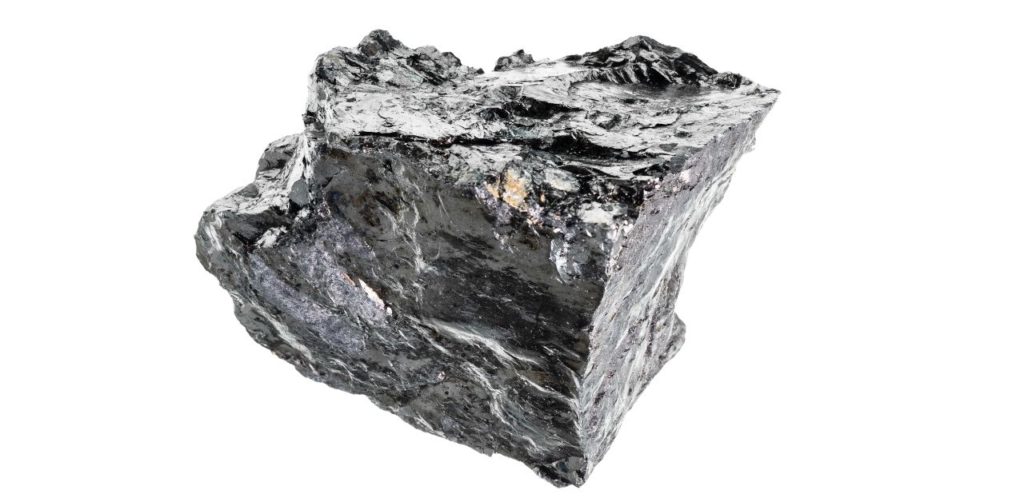Bituminous coal

Table of Contents
- Introduction
- 1. Definition of Bituminous Coal
- 2. Formation Process
- 3. Characteristics
- 4. Uses and Applications
- 5. Advantages
- 6. Disadvantages
- 7. Global Production
- 8. Environmental Impact
- Conclusion
Introduction
Bituminous coal is a vital component of the global energy landscape, playing a significant role in various industries and power generation. In this comprehensive guide, we will delve into the definition, formation process, characteristics, uses, advantages, disadvantages, global production, and environmental impact of bituminous coal.
1. Definition of Bituminous Coal
Bituminous coal is a type of coal that falls in the middle of the coal rank classification. It is known for its relatively high carbon content, making it a valuable energy resource. This coal type has a wide range of uses due to its unique properties.
2. Formation Process
Bituminous coal forms from the transformation of organic material over millions of years. The process involves the burial and compaction of plant remains in swampy environments. Over time, heat and pressure transform the peat into lignite, then bituminous coal.
3. Characteristics
Bituminous coal is characterized by its relatively high energy content and carbon percentage. It has a shiny, black appearance and can be identified by its conchoidal fracture. The coal also contains volatile components, which contribute to its combustion properties.
4. Uses and Applications
Bituminous coal finds extensive use in various industries. Its primary applications include electricity generation, steel production, and as a fuel for industrial processes. The coal's versatility makes it a crucial resource for supporting modern infrastructure and manufacturing.
5. Advantages
Bituminous coal offers several advantages, making it a preferred choice in many applications. It provides a high energy yield, has widespread availability, and is relatively affordable compared to some alternative energy sources. Additionally, its combustion properties make it suitable for electricity generation.
6. Disadvantages
Despite its benefits, bituminous coal also has notable disadvantages. The combustion of coal releases carbon dioxide and other pollutants, contributing to environmental issues such as air pollution and climate change. Mining operations can also have adverse effects on local ecosystems.
7. Global Production
Bituminous coal is mined on a global scale, with major producers including China, the United States, India, and Australia. Understanding the distribution of production helps in assessing the coal's economic importance and its impact on regional and global energy markets.
8. Environmental Impact
The extraction and combustion of bituminous coal have significant environmental implications. Emissions from coal-fired power plants contribute to air pollution and climate change. Efforts to mitigate these impacts include technological advancements and a transition to cleaner energy sources.
Conclusion
In conclusion, bituminous coal plays a crucial role in meeting global energy demands. Its unique characteristics, widespread availability, and versatility make it a valuable resource for various industries. However, the environmental impact associated with its use highlights the importance of developing cleaner alternatives and implementing sustainable practices in the coal industry.
